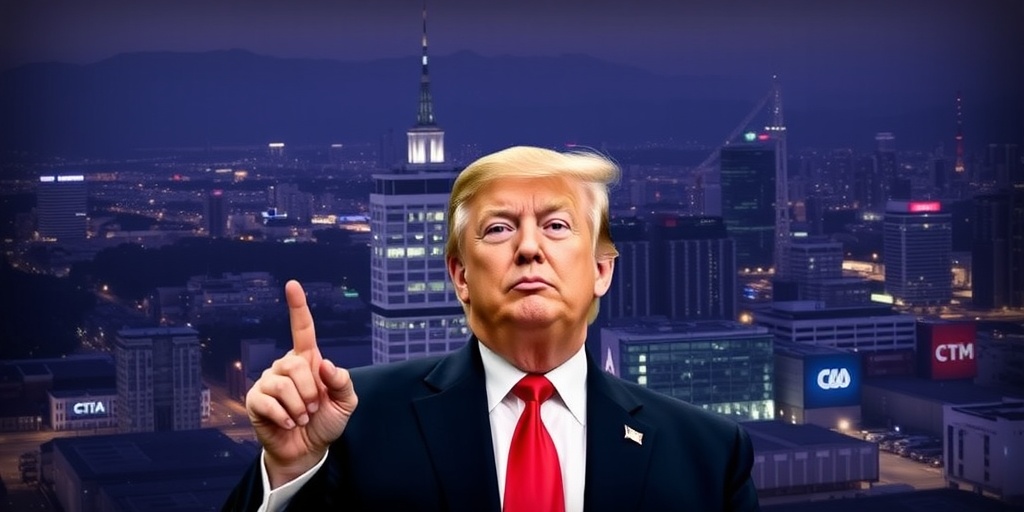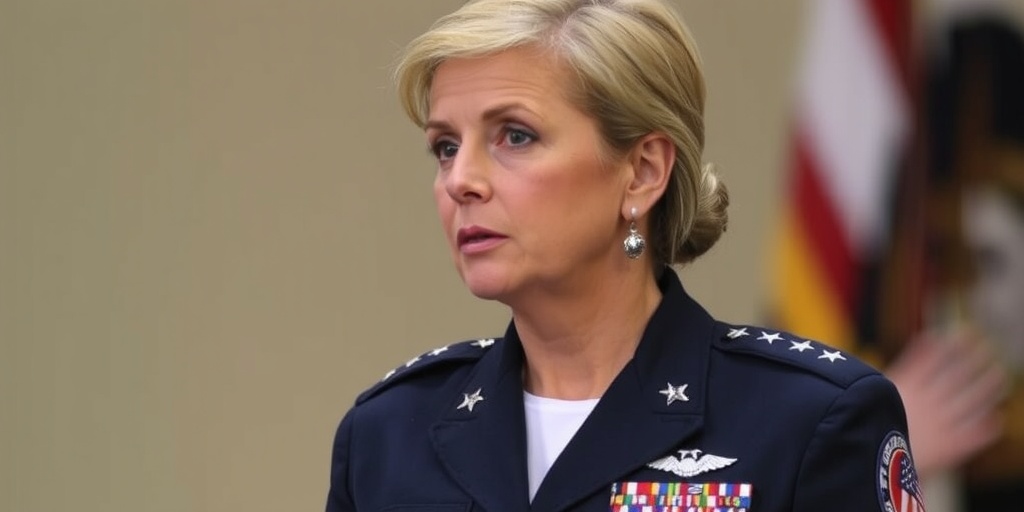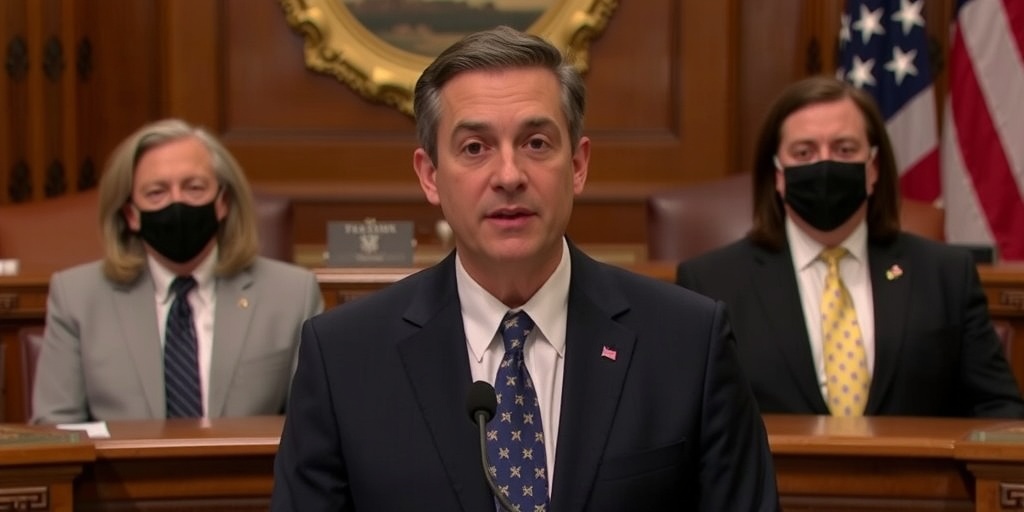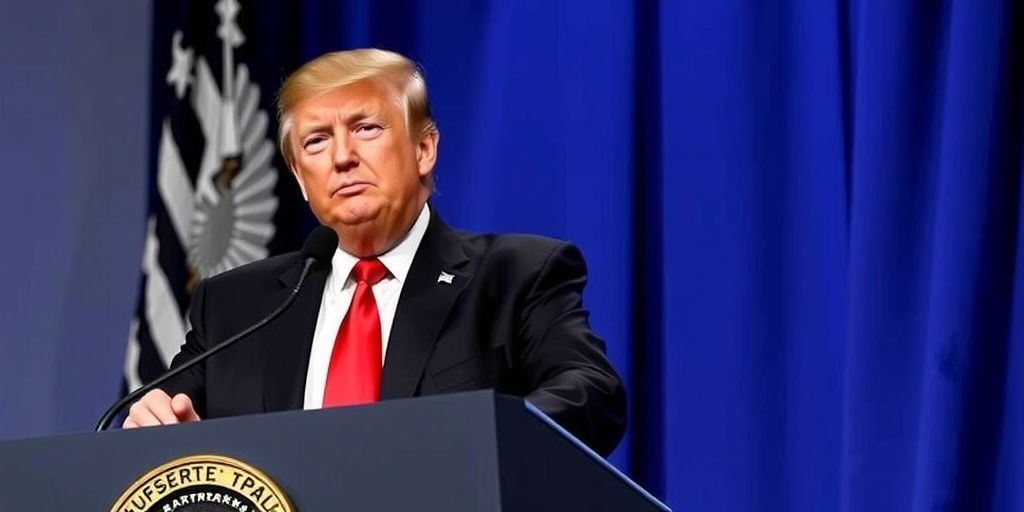Now Reading: Trump Sees Musk as a Scapegoat, Yet Values His Usefulness
-
01
Trump Sees Musk as a Scapegoat, Yet Values His Usefulness
Trump Sees Musk as a Scapegoat, Yet Values His Usefulness
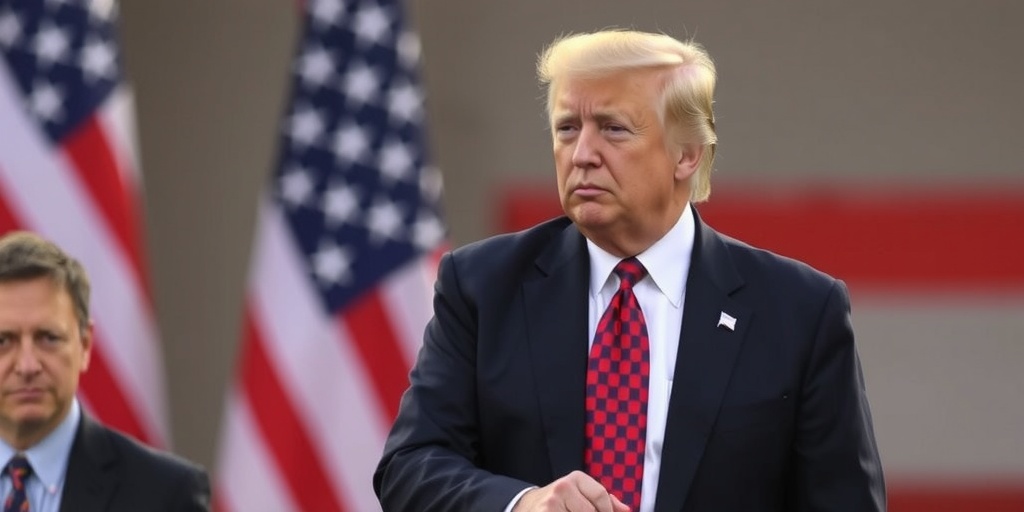
Elon Musk found himself at the forefront of a significant political defeat in Wisconsin, as documented in a recent report detailing the aftermath of the state’s Supreme Court election. The results were alarming for many within the Republican Party, leading to scrutiny of Musk’s influence, particularly his involvement in political strategies that have proven to be polarizing.
On an election night that left many in former President Donald Trump’s inner circle relieved by the impending end of Musk’s 130-day term as a special government employee, the billionaire’s political decisions came under fire. His tenure in this role, mandated by federal regulations to conclude in late May or early June, has overshadowed GOP discussions. Inside sources suggest that while Trump appreciates Musk’s contributions, he is cautious about the downside of the entrepreneur’s controversial persona and his unorthodox methods.
Musk’s financial backing has been instrumental to Trump’s political operations. Having committed up to $100 million to Trump’s affiliated groups and spending nearly $300 million during the 2024 electoral cycle, Musk holds a considerable sway over GOP politics. His control of the social media platform X (formerly Twitter) amplifies this influence, creating unease among Republican lawmakers about the prospect of alienating the tech magnate.
The recent Wisconsin Supreme Court race, in which Musk was heavily involved, epitomized the complexities of his engagement. He invested at least $25 million, setting a record for a judicial race in the state, but this financial support came with strings attached. Candidates who accept his aid must also navigate the terrain of his controversial ideas and personality.
Musk’s public involvement was bold. He hosted a rally in Green Bay, donning a cheesehead hat and handing out $1 million checks to Wisconsin residents who opposed partisan judges. However, even with his extravagant spending, Musk’s candidate, Judge Brad Schimel, did not gain the expected traction, losing the election by a substantial margin of 10 percentage points to liberal challenger Susan Crawford.
The aftermath of the election has led to a narrative in which Musk is painted as a scapegoat for the Republicans’ failure in Wisconsin—a narrative that many Trump advisers seem content to endorse. Musk’s presence, while intended to galvanize conservative voters, instead appeared to energize the Democratic base, highlighting the risks inherent in integrating his celebrity status into Republican campaigns.
Despite the criticism, the defeat is not anticipated to sever Musk’s ties with the GOP. Trump continues to view Musk as a valuable ally, often relying on him to shield against potential backlash and blame. Trump’s strategy, however, has shifted towards greater caution when engaging in specific races, indicating a desire to distance his brand from politically risky endeavors.
One factor that complicated Musk’s involvement was a lack of timely communication between his team and Schimel’s campaign. Reports suggest that Shimmel’s team was often left in the dark regarding Musk’s plans, including short notice for events that required their candidate’s participation. This misalignment pointed to organizational challenges that accompanied Musk’s ambitious attempts to influence the race.
As the election results became clear, Musk remained unusually silent, opting to reflect cryptically on the event’s implications through a chess metaphor on social media, suggesting that he anticipated a loss but saw value in the strategic positioning it offered.
Political analysts have noted that off-year elections attract different voter demographics compared to general elections, often resulting in unpredictable outcomes. Bill Stepien, a Republican strategist and former Trump campaign manager, emphasized the importance of turnout over persuasion in these special elections, indicating that Musk’s efforts to rally support may not have been reflective of the broader electoral landscape.
In the context of the larger political theater, Musk’s recent failure marks a pivotal moment for his venture into political sponsorship, particularly as many in the party recalibrate their strategies in light of changing voter behaviors. While Musk’s influence will likely persist in Republican circles, there may be hesitance moving forward regarding the extent of his public involvement in campaigns.
Overall, the Wisconsin Supreme Court race serves as a cautionary tale for both Musk and the Republican Party about the unpredictable dynamics of political engagement during pivotal local elections. With a commitment to local races in 2025, Musk’s political journey is far from over; however, the outcomes in Wisconsin could inform his strategy moving ahead.
Stay Informed With the Latest & Most Important News
Previous Post
Next Post
-
 01New technology breakthrough has everyone talking right now
01New technology breakthrough has everyone talking right now -
 02Unbelievable life hack everyone needs to try today
02Unbelievable life hack everyone needs to try today -
 03Fascinating discovery found buried deep beneath the ocean
03Fascinating discovery found buried deep beneath the ocean -
 04Man invents genius device that solves everyday problems
04Man invents genius device that solves everyday problems -
 05Shocking discovery that changes what we know forever
05Shocking discovery that changes what we know forever -
 06Internet goes wild over celebrity’s unexpected fashion choice
06Internet goes wild over celebrity’s unexpected fashion choice -
 07Rare animal sighting stuns scientists and wildlife lovers
07Rare animal sighting stuns scientists and wildlife lovers













